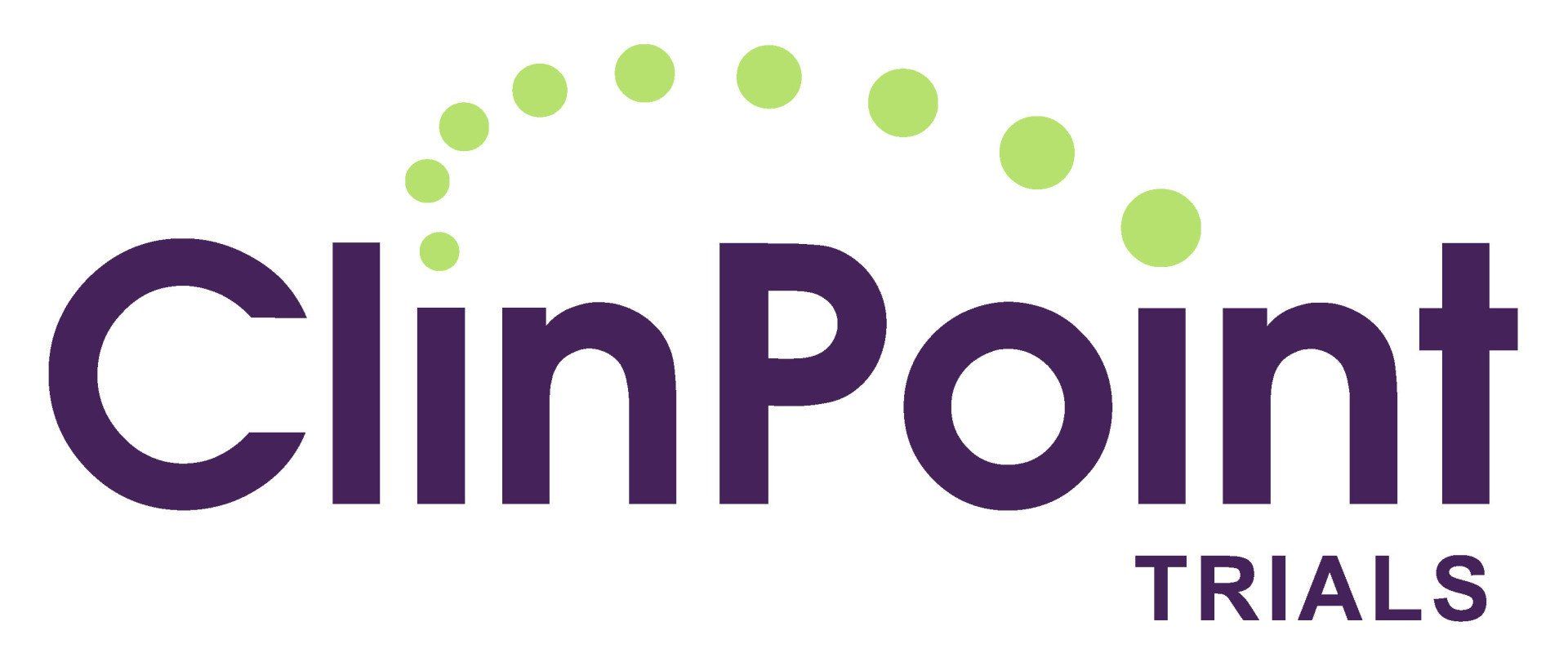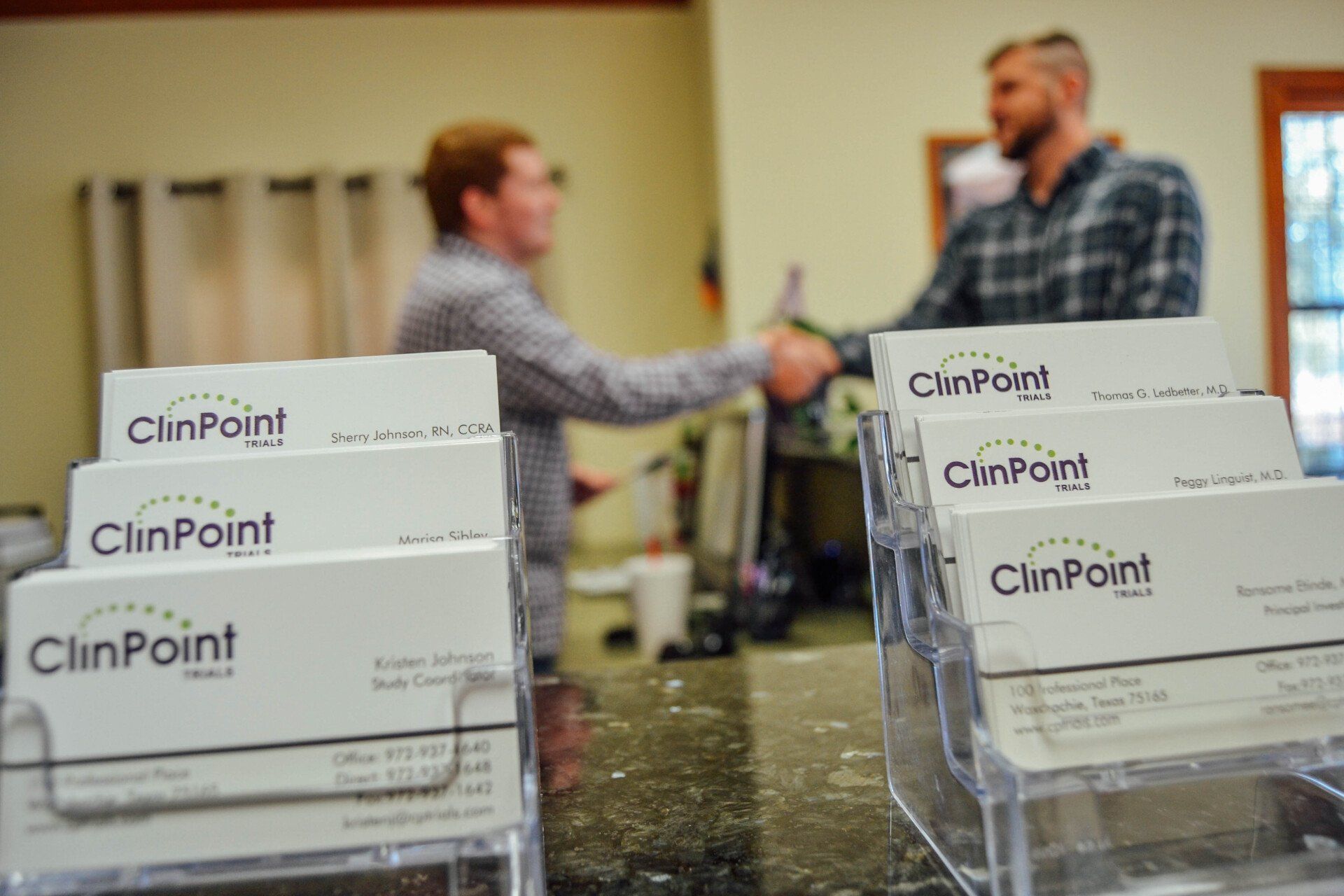FEATURED ARTICLES
Alzheimer's Disease Awareness

I remember sitting in my undergraduate neuroscience class listening to my favorite professor explain the intricacies of the human brain. As the most complex organ in the human body, it produces our every thought, action, memory, feeling and experience of the world. It was ironic to even consider wrapping my mind around its complexity. As medicine and technology has advanced over time, we have been able to study more and more about certain areas of the brain, how they function, and how they affect other parts of the body. Yet, there is still a great amount of information about the brain that is unknown. We have questions that we do not yet have answers to, which can be frustrating for individuals and families that are affected by neurological diseases like Alzheimer’s.
According to the Alzheimer’s Association, Alzheimer’s disease is the most common form of dementia, which is a general term for the loss of cognitive abilities, like memory, that negatively impact an individual’s daily life. An estimated 5.5 million Americans are currently living with Alzheimer’s disease. It is not a normal part of aging, although the greatest risk factor for the disease is increasing age. Alzheimer’s is a progressive disease with symptoms of memory loss and the lack of ability to carry on a conversation and respond to the environment. These symptoms worsen as time passes, which can be extremely frustrating for individuals and families that are affected.
Alzheimer’s disease is one of the most complex diseases clinical researchers have ever studied. Just as the brain is complicated, the disease is complicated. Current treatments for Alzheimer’s only help to slow the worsening of symptoms, such as memory loss and confusion, and improve the quality of life for those with the disease and their family or caregivers. There are no current medicines that treat the underlying cause of the disease. However, clinical researchers are going boldly in their efforts, seeking to pinpoint what causes Alzheimer’s and working to develop better ways to not only treat the disease but to prevent it from developing.
Alzheimer’s disease and other dementias are estimated to cost the United States health care system over $259 billion by the end of 2017 with costs projected to increase into the trillions of dollars by 2050. The research industry is therefore racing to develop new treatments for the disease. PhRMA, an organization that supports the search for new treatments and cures for disease, reports that there are 87 potential new treatments in clinical trials regulated by the Food and Drug Administration for Alzheimer’s disease. Researchers are currently focusing on developing treatments that, for example, target the immune system to enable it to fight the disease or help to lower inflammation in the brain, which has been found to be associated with Alzheimer’s disease.
“For years, research has been focusing on the symptoms of Alzheimer’s disease. We are on the edge of discovering the root cause of this terrible illness. Investing in research now will cost our nation far less than the cost of care for the rising number of Americans who will be affected by Alzheimer’s in the coming decades.” – Dr. Thomas Ledbetter, Medical Director at ClinPoint Trials
The number of new treatments being studied in clinical trials for Alzheimer’s will continue to rise as we learn more about the science of the disease. Since 1998, here have been 123 potential treatments halted in clinical trials while only four treatments were approved by the U.S. Food and Drug Administration. Despite the frustration of these setbacks, the knowledge gained about the disease and about what treatments show promise versus those that don’t is critical to the advancement of medicine for Alzheimer’s.
“The number of treatments in the research pipeline for Alzheimer’s alone is hope enough that there will one day be a cure for the disease. It is exciting to consider that our very own neighbors may soon be able to have an opportunity to take part in finding a cure by participating in clinical trials for Alzheimer’s disease.” – Sherry Johnson, BSN, Site Director and Research Nurse at ClinPoint Trials
It is crucial for all of us, as we all know individuals affected by Alzheimer’s, to keep watch of opportunities to participate in clinical trials for the disease. ClinPoint Trials hopes to provide these opportunities to participate in finding the cure for Alzheimer’s to individuals in the Ellis County and surrounding areas in the near future.
November is National Alzheimer’s Disease Awareness Month. Visit www.alz.org and www.PhRMA.org to learn more.
Learn more about ClinPoint and opportunities to participate in clinical trials at www.cptrials.com.














